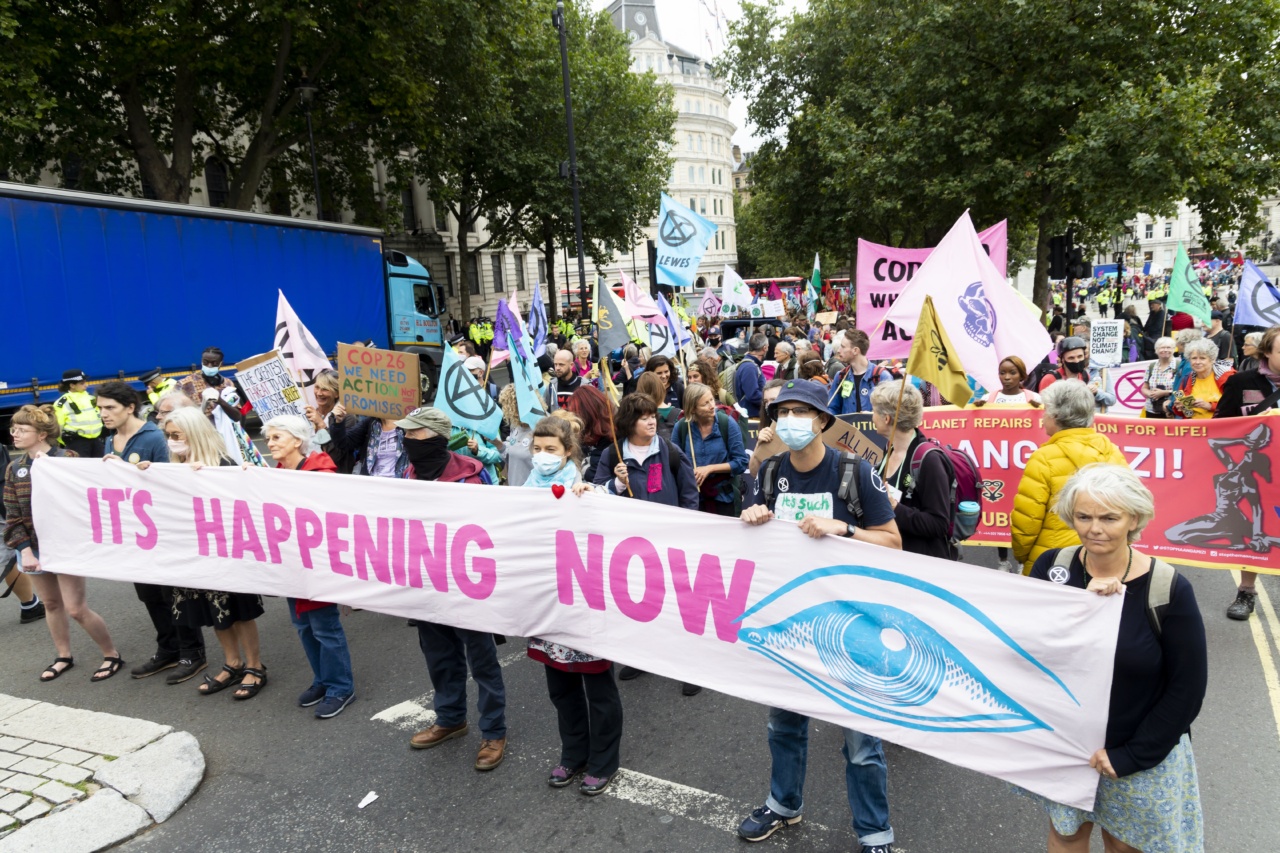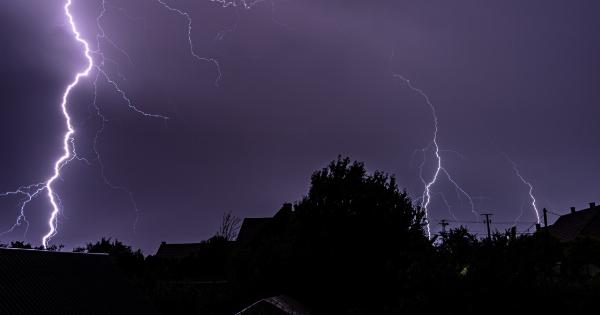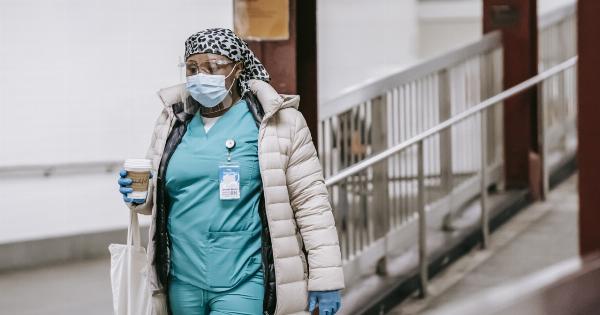On Wednesday, August 1st, the World Health Organization (WHO) held a crisis meeting at their headquarters in Geneva, Switzerland to discuss the current Ebola outbreak in the Democratic Republic of Congo (DRC).
This outbreak, which began on August 1, 2018, is the tenth to occur in the DRC since the disease was first discovered there in 1976.
Background
Ebola is a highly infectious and often fatal disease that causes bleeding and hemorrhagic fever. The symptoms of Ebola include fever, headache, muscle pain, fatigue, vomiting, diarrhea, and bleeding or bruising.
There is no known cure for Ebola, but supportive care can improve the patient’s chances of survival.
The current Ebola outbreak is centered in the northeastern part of the DRC, near the border with Uganda. As of August 1, there have been 2,671 confirmed and probable cases of Ebola, with 1,803 fatalities.
This makes it the second-largest Ebola outbreak in history, behind only the 2014 West African epidemic, which resulted in over 11,000 deaths.
Meeting Attendees
The crisis meeting at the WHO headquarters was attended by representatives from the DRC government, other African nations, and international health organizations.
They discussed the current status of the outbreak, the response efforts so far, and strategies for containing and ending the epidemic.
Response Efforts
The response to the current Ebola outbreak has been hampered by several challenges. For one, the affected areas are remote and difficult to access, which makes it hard for healthcare workers to provide care and for supplies to be delivered.
There is also a lack of trust in the healthcare system among the local population, which has led to resistance and hostility towards response efforts. Additionally, the ongoing conflict in the area, as well as political instability in the DRC more broadly, have made it difficult to coordinate and implement an effective response.
The WHO and other organizations have been working to address these challenges. They have deployed teams of healthcare workers to the affected areas, set up treatment centers, and provided resources and training to local health workers.
Community engagement initiatives have also been launched to try to improve trust and understanding among local residents.
Strategies for Ending the Outbreak
During the crisis meeting at WHO headquarters, attendees discussed strategies for containing and ending the outbreak. One approach that was proposed was the use of a new Ebola vaccine, which has been shown to be highly effective.
The vaccine has been used in previous Ebola outbreaks with positive results, and the WHO has already begun administering it to people in the affected areas.
Other strategies that were discussed included increasing funding for response efforts and improving coordination among different partners and stakeholders.
Attendees also emphasized the importance of engaging local communities in the response process, particularly in building trust and addressing concerns around healthcare.
Conclusion
The Ebola outbreak in the DRC is a serious public health crisis that has already claimed the lives of thousands of people.
The crisis meeting held at WHO headquarters was an important step in addressing the outbreak and developing strategies for ending it. While there are still many challenges to overcome, the commitment of the WHO and other organizations to ending the outbreak is encouraging.





























